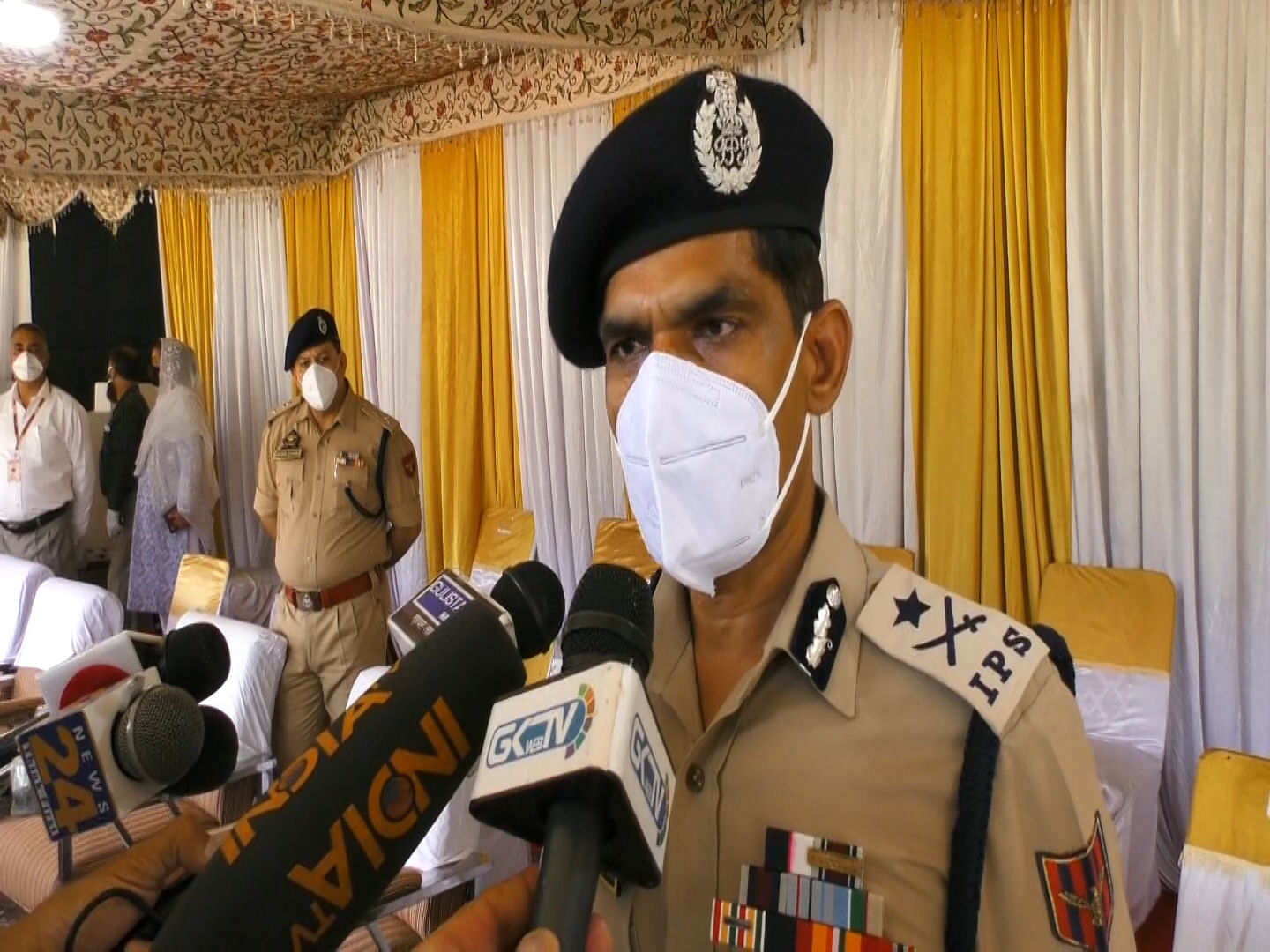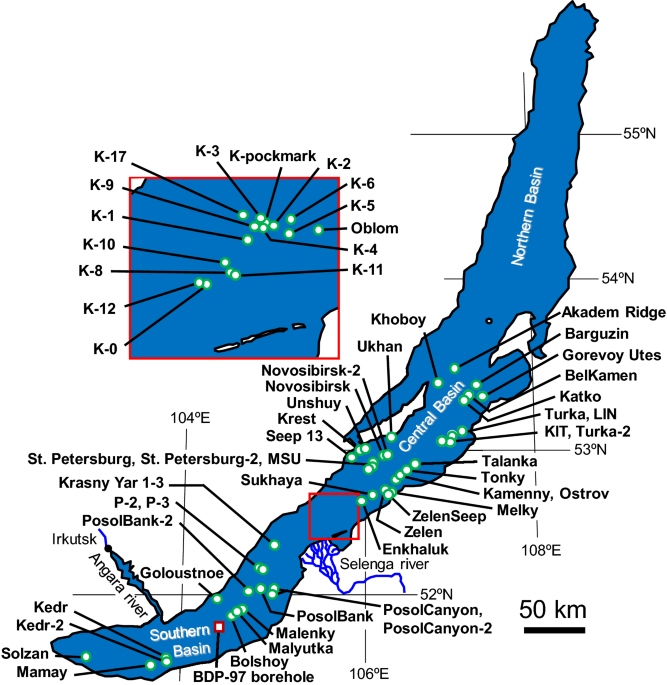- Select a language for the TTS:
- UK English Female
- UK English Male
- US English Female
- US English Male
- Australian Female
- Australian Male
- Language selected: (auto detect) - EN
Play all audios:
ALEX CHADWICK, host: To other parts of the world now. Syria is denying claims that it backed the assassination of former Lebanese Prime Minister Rafik Hariri earlier this year. The
assassination link appears in a report by UN investigators released yesterday. Mr. Hariri was a forceful critic of Syrian involvement in his country. He and 20 other people were killed by a
car bomb in Beirut in February. Joining us is Rami Khouri. He's editor-at-large of Beirut's Daily Star newspaper and an internationally syndicated political writer. Rami Khouri,
welcome to DAY TO DAY. Mr. RAMI KHOURI (Editor-at-Large, The Daily Star; Political Writer): Thank you. CHADWICK: Let's summarize the main findings of the report. The assassination was
the work of high-ranking Lebanese and Syrian intelligence officials. There are no names in the report, but The New York Times this morning says that a diplomatic source claims the chief
suspect is the brother-in-law of the Syrian president, Bashar Al-Assad. The brother-in-law's name is Asef Shawkat, and he is the chief of Syria's military intelligence. There it
is. Any surprises here for you? Mr. KHOURI: No surprises at all. This was all very much anticipated. People in Lebanon and elsewhere in the region have been fingering the Syrian and Lebanese
security services for some time, and the Syrian-Lebanese security services really need to be seen as one entity in recent years, very much dominated by the Syrians. And I think the explicit
naming of the senior Syrian and Lebanese security people--I mean, naming them as a group without naming individuals--I think that was quite important politically and diplomatically. And,
more important, I think, also has been the mention in the report specifically of the Syrian foreign minister and his deputy lying to or misleading the investigation. That's really an
indictment of the whole regime because there's not much difference between the senior security people and the entire regime in most of the Arab countries. And I think the really
significant potential political implication of this is that this is the first time that you get a legitimate international effort to directly challenge this kind of security regime, and I
think this is incredibly important for the future of the Arab world. CHADWICK: Let me just note that the UN has given these investigators another month to conclude their final reports, so
the investigation goes on. Secretary of State Rice today said she's demanding accountability for this. What do you think is going to happen now? Mr. KHOURI: Well, I think people still
want to know the names of the individuals who have been determined to have carried out and planned and implemented this murder of Hariri and others who have died since. So we need to know
who these people are and then bring them to justice with the aim of not only bringing them as individual culprits to justice, but to stop this kind of political behavior in the Arab world,
where people use security services and violence with impunity and kill people. So you need to check these groups politically, and I think this is what this effort is all about. And the
holding them accountable can be done through the UN Security Council. In some cases it might be done through an international criminal court. Hopefully, it will be done through the political
accountability of their own people holding them accountable. CHADWICK: But what does it mean to say that one can demand justice in Syria when Mr. Assad essentially runs everything? Mr.
KHOURI: Well, that's the whole point, to actually change the behavior of these systems and not have individuals or families running entire countries as private fifes, but to have some
kind of accountability and some kind of majority rule and consent of the governed. What we're looking at is potentially a transition like has happened in the former Soviet Union.
CHADWICK: Rami Khouri, editor-at-large at Beirut's Daily Star newspapers. He spoke with us today from San Francisco. Rami, thank you. Mr. KHOURI: Thanks for having me. My pleasure.
CHADWICK: I'm Alex Chadwick. Stay with us on DAY TO DAY from NPR News. Transcript provided by NPR, Copyright NPR.






